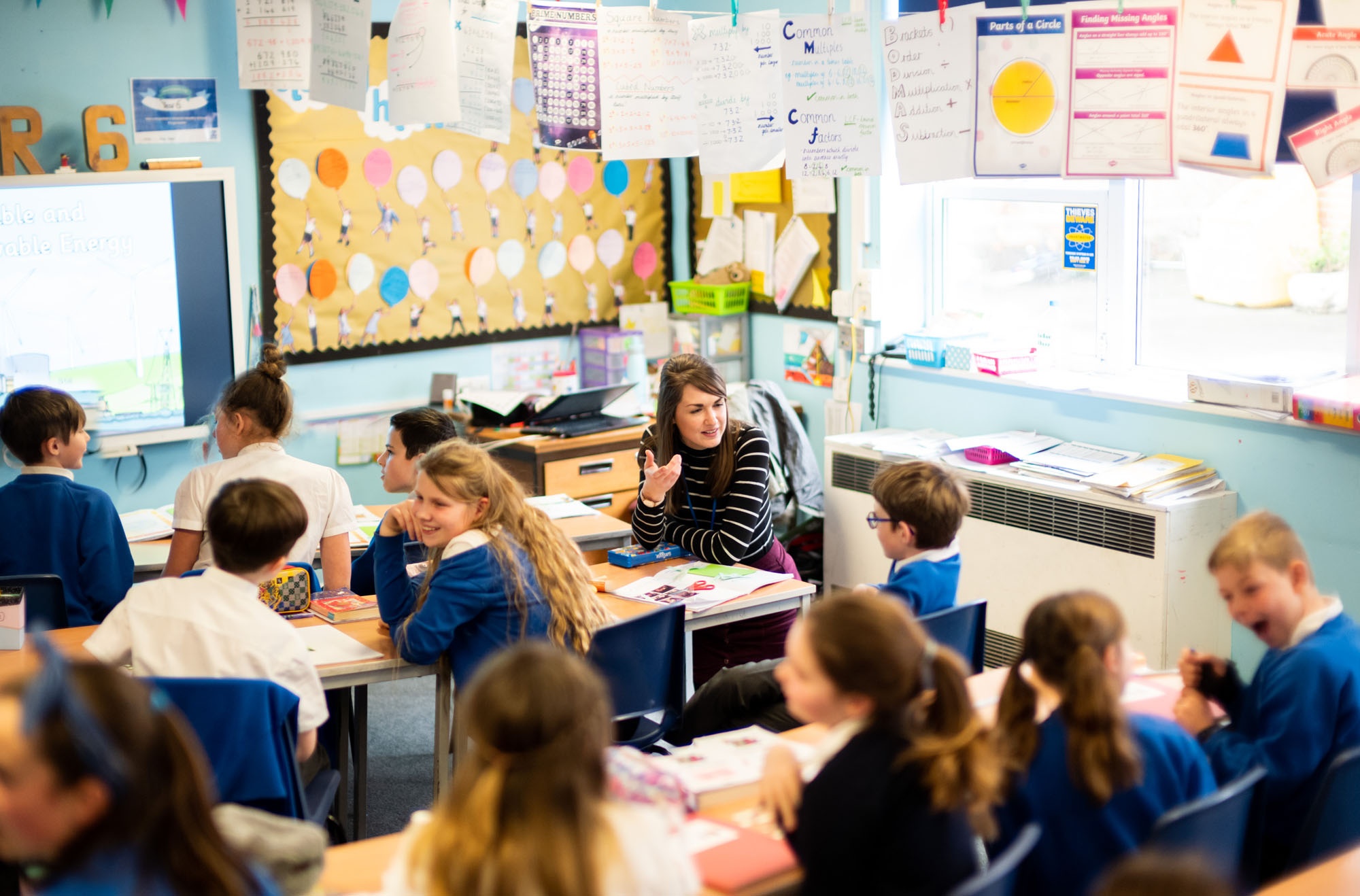What are Key Stages?
One of the terms you’ll hear most often during your child’s education is ‘key stage’, but what does it mean? We explain what you need to know.
What are Key Stages?
Key stages are the groups that have been set up to administer progressive, standardised exams during a child’s education in England and Wales. Each key stage consists of a certain range of school years. The exams associated with each key stage show how a student is doing in the areas of study that have been defined as targets in the National Curriculum. Your child’s teacher will know what these targets are, and will make sure those topics have been covered in the classroom.
How are the key stages grouped?
There’s more than one year in a key stage, and exams are given in the final year of that key stage. They are grouped as follows:
- Early Years Foundation Stage – ages 3-5 (Nursery and Reception)
- Key Stage 1 – ages 5-7 (Years 1 and 2)
- Key Stage 2 – ages 7-11 (Years 3-6)
- Key Stage 3 – ages 11-14 (Years 7-9)
- Key Stage 4 – ages 14-16 (Years 10-11)
How will my child be assessed in their key stage?
In the final year of a key stage, exams combined with teacher assessments test what’s been taught over the previous years between the last key stage (if applicable) and their current one. Students are expected to reach certain levels at each key stage test. This information will be reported to parents in end of year reports.
For further information, you can visit www.gov.uk and learn more about the National Curriculum.


















































